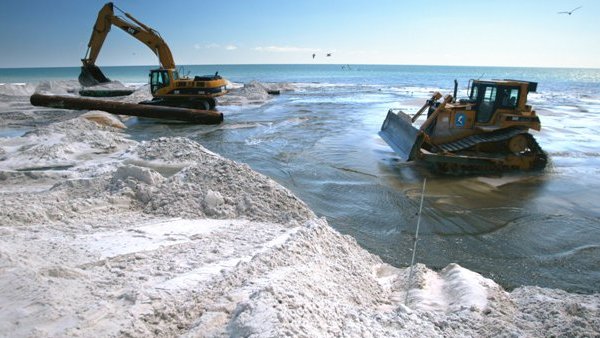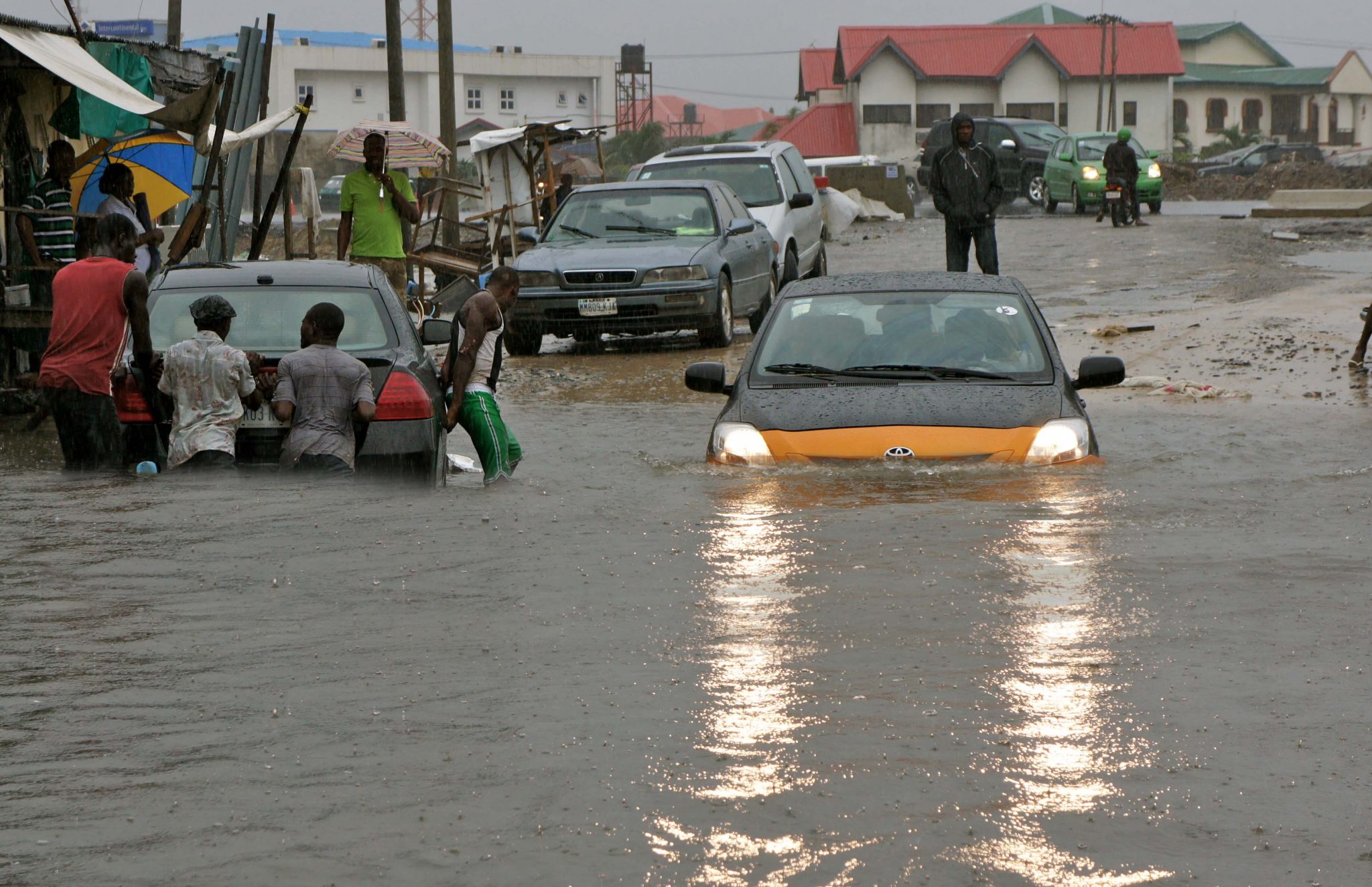Nigeria recorded significant reduction in economic losses occasioned by flood in 2016 though the volume of water surpassed the one that caused massive flooding in 2012, the National Emergency Management Agency (NEMA) has said.
The Director, Disaster Risk Reduction Department of NEMA, Mr Alhassan Nuhu, made this known while speaking with newsmen in Nairobi.
Nuhu said that while economic losses in 2012 amounted to N2.5 trillion, in 2016 it was much less, but he did not provide the figure.
He also said that the number of displaced persons was less than a million in 2016 compared to 2.3 million persons in 2012 and that less than 100 people died in 2016 as against 360 persons in 2012.
Furthermore, he said that the total number of people affected in 2016 was less than one million compared to seven million in 2012.
Going by the statistics, Nuhu said that Nigeria was moving in the positive direction in the implementation of the Sendai Framework on Disaster Risk Reduction (DRR).
The Sendai Framework is a 15-year, voluntary, non-binding agreement which recognizes that the State has the primary role to reduce disaster risk but that responsibility should be shared with other stakeholders including local government, the private sector and other stakeholders.
It is the successor instrument to the Hyogo Framework for Action (2005-2015) Building the Resilience of Nations and Communities to Disasters. It is the outcome of stakeholder consultations initiated in March 2012 and inter-governmental negotiations held from July 2014 to March 2015.
“This is the message of the Sendai Framework – reduction in the number of people dead, reduction in the number of people affected, reduction in the quantum of economic losses and reduction of damage to critical infrastructure.
“Increasing the level of governance for disaster risk, increasing the level of support and collaboration between one another and improved level of early warning system.
“So, if you look at the key indicators, of Sendai Framework, Nigeria is moving positively.’’
According to him, increased synergy among NEMA, NIMET and Hydrological Services Agency, is part of the success story.
“I remember we had a task team of the three key organisations; we also had a mechanism for coordinating with the states and local governments with NEMA as the coordinating agency.
“We had critical collaboration with the SEMAs (State Emergency Management Agency) and the Local Government Emergency management Committees.
“So, it is a collaborative work of everybody including relevant ministries – health, agriculture, water resources, women affairs and environment.
“All have played one role or the other to ensure that we have this marked improvement.’’
The director said that NEMA, through its DRR platform, was committed to sustaining the recorded success in the seven targets of the Sendai Framework and its four priority areas.
He listed the four priority areas as risk knowledge, risk governance (improving the attitude of government towards reducing risk), risk financing and enhancing disaster preparedness for effective response and to Build Back Better in recovery rehabilitation and reconstruction.
On the first priority area, Nuhu said that NEMA, with UNDP support, was on the verge of completing a risk identification exercise.
The exercise, he explained, was to enable Nigeria to know the hazards confronting the country and the risk they posed.
On the second priority, he said that NEMA was bringing together relevant stakeholders and linking them to states.
In terms of risk financing, which is the third priority area, the director said that the establishment of the Ecological Fund stood Nigeria out, describing the initiative as a “wonderful example’’ that should be emulated by other AU member states.
“The Ecological Fund is what put Nigeria ahead of other countries. NEMA has leveraged on the fund to develop plans that should be developed and also to make contingency stockpiling to be able to respond and have an elaborate response mechanism.’’
He, however, said that NEMA would also take advantage of the Africa Risk Capacity Programme (ARCP) which has set aside a pool of funds that governments could access when disaster happens.
He noted that since the insurance industry in Africa is “largely under-developed and massively under-utilised, the ARCP provides a fantastic opportunity for risk transfer’’.
He said that in order to be able to access the fund, NEMA had assembled critical stakeholders at a workshop in Abuja to identify the strategies required.
“So, very soon, apart from the financing from the government, Nigeria will also be able to access the pool of funds provided by the ARCP,’’ Nuhu said.


